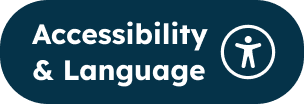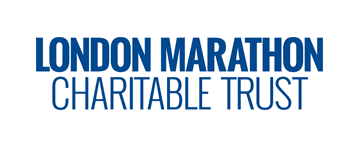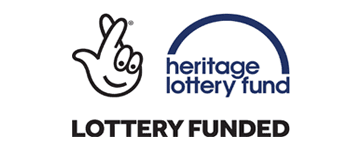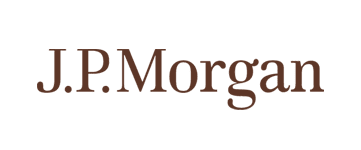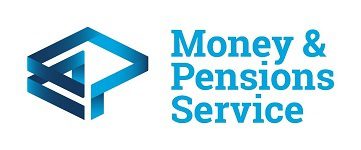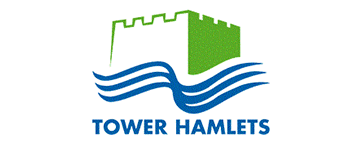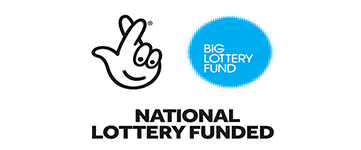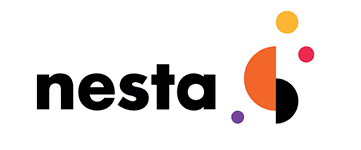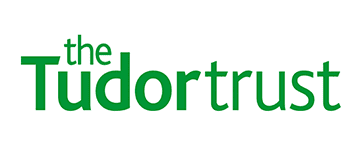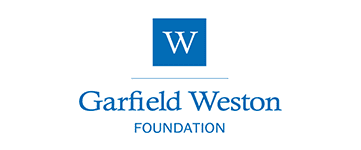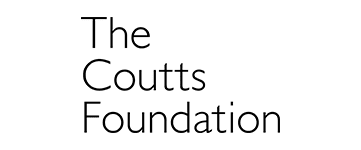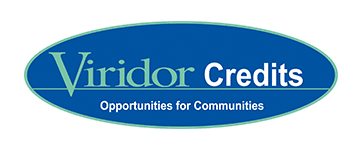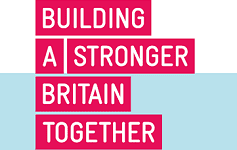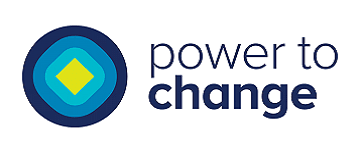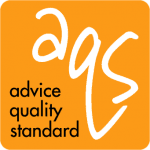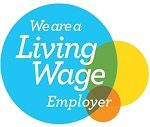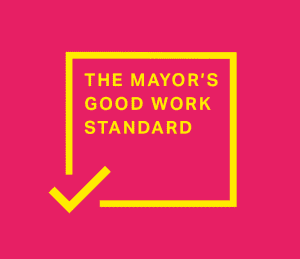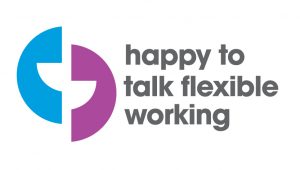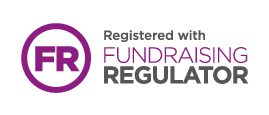MAP TOOL FAQs
What can the MAP Tool be used for and what will it allow organisation to do?
The MAP Tool can help you if you:
• Want to assess the impact of a financial health intervention on service users
• Need a Tool to assess the financial needs of your clients, either individually or as a group
• Are struggling to measure soft outcomes with clients (capability, wellbeing, resilience etc.)
• Are interested in tracking a client’s progress or change over time
Organisational impact:
The online Tool will give any organisation using the Tool a personalised account. Organisations will be able to set up different questionnaires, for different stages of different projects, and tailor the Tool for their own needs.
What areas does the MAP Tool cover?
We have developed and tested a set of questions that holistically assess an individual’s financial wellbeing. These are grouped into the following eight areas:
• Financial Products and Services: Information on what financial products and services the individual is currently using and how they are using them. Useful for identifying gaps and addressing issues of inclusion.
• Income and Expenditure: This section asks about the individual’s source of and amount of income, what it has to cover and whether this is sufficient.
• Capability: Capability covers how an individual manages their money, chooses financial products and if they know where to go to access help and advice.
• Attitudes: Third person stories are used in this section to capture an individual’s attitudes in key areas such as credit, debt and shopping around.
• Resilience: Information relating to an individual’s financial past, present and future and how protected they are against future financial hardship.
• Broader Wellbeing: Broader issues of wellbeing that relate to, or may be affected by, an individual’s financial situation. This covers how an individual’s financial situation affects their relationships, health and employment situation.
• Demographics: Basic background information on the individual. Useful for building up an overall picture of their situation and flagging up potential barriers i.e. disability, literacy or numeracy issues. Most organisations will already collect some of this information.
Is the MAP Tool right for your project?
We have been working to make the Tool applicable to anyone who is trying to improve their clients’ financial wellbeing. We have been piloting the Tool in several different types of organisations and projects. These include:
• Housing associations (tenancy sustainment, rent arrears, advice, direct payment pilots)
• Local authorities (housing, advice)
• Advice agencies (debt advice, income maximisation)
• Specialist organisations (grant giving, financial education)
• Credit unions (member applications, loan applications)
We are working to make the MAP Tool as flexible and universal as possible. The best way to find out if your project would be suitable is to get in touch to find out more.
Will it cost anything to use it?
The intention is to make the MAP Tool as accessible as possible, whilst ensuring its sustainability. This means there is a licence fee to cover training, support and infrastructure. We aim to keep costs as low as possible and they relate directly to the size of your organisation and projects. Please contact us for further information.
How does my organisation sign-up?
Please contact our Head of Evaluation & Learning, Information & Systems, Daniel Bunn – Daniel.Bunn@toynbeehall.org.uk
Will it integrate with existing case management system’s?
There is such a variety of case management systems in the sector that it is difficult to develop a tool that can interact with all of them. However, our aim is to make the MAP Tool as easy to use and flexible as possible. We are currently exploring potential options for integration.
Why do you use a pre-post methodology?
We feel that pre and post methodology is a more robust system and captures real behavioural change to a greater extent than retrospective systems. Even though it takes longer to capture the baseline, this baseline assessment can be very useful, as it acts as a needs assessment for where people are at a particular point in time.
Are the questions completely fixed?
No they aren’t. You don’t have to use all of the questions in the MAP Tool. Organisations can use the Tool flexibly to assess different areas at different stages throughout the course of an intervention. For each stage you can build-up custom question sets. These are usually 2-3 questions long and must be asked as a group. If you are interested in asking something that isn’t covered by the question bank, you will be able to add your own questions into the survey.
The wording of core questions in each section is fixed. We have developed and tested these extensively, in association with NatCen Social Research and our pilot organisations.
Why use a common measurement tool?
The New Philanthropy Capital report, published in 2013, sets out a blueprint for the development of shared measurement tools in general. NPC state that: “Shared measurement:
• Saves time and resources…
• Can reduce duplication in reporting…
• Allows a beneficiary to be tracked through multiple different services and interventions…
• Improves standards of impact measurement…
• Externally validates impact data that is collected…
• Helps organisations think about how their sector works together…
• To achieve social change…
• Helps us understand what works best for different social issues…
What are your key principles?
We believe that robust evaluation is a key pillar in delivering excellent services. It is how you understand your service’s strengths and weaknesses; how you know where to invest effort; and how you demonstrate your organisation’s worth. We want to make it as easy as possible for organisations to self-evaluate and understand the real behavioural change that individuals have as a direct result of working with that organisation.
We want to make evaluation something that is done directly with the individual client. Often clients fill out a form, hand it in and never see it again. Meanwhile this data gets inputted and analysed behind the scenes with the results eventually appearing in an annual funding report. We want to make it possible to have an instant discussion at the end of an intervention with a client about how far they have come and what they can still do.
We also believe that by working together we can build a stronger, more sustainable sector. Using a common evaluation framework means that we all start to speak in the same language and we hope that it will facilitate discussion and debate in the sector.
We also believe in the power of data. This is why we are committed to building up an anonymous national dataset that will facilitate research on behalf of the sector.
Finally we believe that, however robust a tool is, it must be practical in order to be useful. We are striving to make the MAP Tool as easy to implement and use as possible.
How has it been developed?
Throughout the project, we have included the sector in the development of the MAP Tool so that, when it is finished, it will relate to the needs of organisations within the sector. Please see the project timeline to get an overview of the development process.
This project is being led by Toynbee Hall and funded by Citi Foundation. We have been working in partnership with NatCen Social Research to develop and test the questions and weighting.
Public Zone is the organisation that is developing the online Tool.
Who are Citi Foundation?
Citi Foundation supports the economic empowerment and financial inclusion of low-to-moderate-income people in communities where Citi operates. They work collaboratively with a range of partners to design and test financial inclusion innovations with potential to achieve scale and support leadership and knowledge building activities. Through their “More than Philanthropy” approach, they put the strength of Citi’s business resources and people to work, to enhance their philanthropic investments and help improve communities.
Who are NatCen Social Research?
NatCen is the UK’s leading independent social research agency. They are a not-for-profit dedicated to making an impact on society and advancing the role of social research in the UK. Their aim is to share their insight and knowledge with the wider research and policy community and they do this through a number of channels, most notably through NatCen Learning and their Survey Skills programme.

